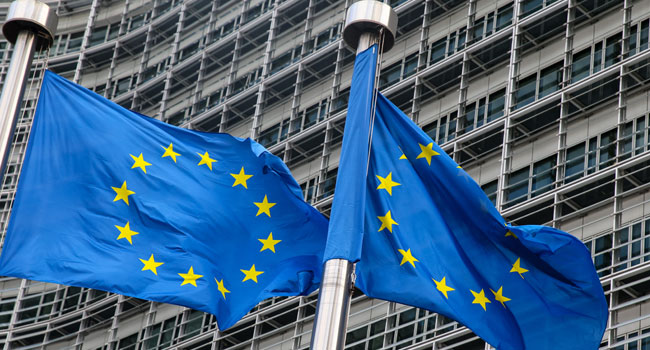The Eurpoean Union foreign ministers have on Wednesday finally made an agreement to fully suspend a 2007 visa facilitation deal which they had made with Russia.
They also refused to implement a wider visa ban as had been requested by some member states.
Read Also: Russia To Start Key Military Drills With China, Others
Josep Borrell who is the European Union foreign policy chief had revealed that the ministers had agreed that relations with Moscow “cannot be business as usual” and the agreement should be “fully suspended”.
Following the informal meeting in Prague, he said this would make it “more difficult” and “longer” for Russian nationals to get visas.
“It will significantly reduce the number of new visas issued by the EU member states,” he said.
In a concession which had been to eastern EU members who had pushed for a tougher approach, Borrell said that countries bordering Russia “can take measures at a national level to restrict entry into the European Union”.
But he said any measures would have to conform with rules for the EU’s Schengen common travel zone and he emphasised it was important that members of Russian civil society should continue to be able to travel to the EU.
Ukrainian Foreign Minister Dmytro Kuleba, who was also in Prague for the talks, dismissed the suspension of the visa facilitation agreement as a “half-measure”.
“This is a time when the age of peace in Europe is over and so is the age of half-measures.
“Half-measures… with regard to Russia is exactly what led to the large-scale invasion of February 24th,” he said.
Ahead of the meeting, Poland and the three Baltic states of Estonia, Latvia and Lithuania had said they were considering barring Russian travellers if the EU as a whole failed to do so.
In a joint statement obtained by AFP, the four countries had said that suspending the visa facilitation agreement was “a necessary first step”.
“But we need (to) drastically limit the number of visas issued, above all tourist visas, to decrease the flow of Russian citizens into the European Union and the Schengen area,” they added.
They said the move should contain exceptions for dissidents as well as other humanitarian cases.

